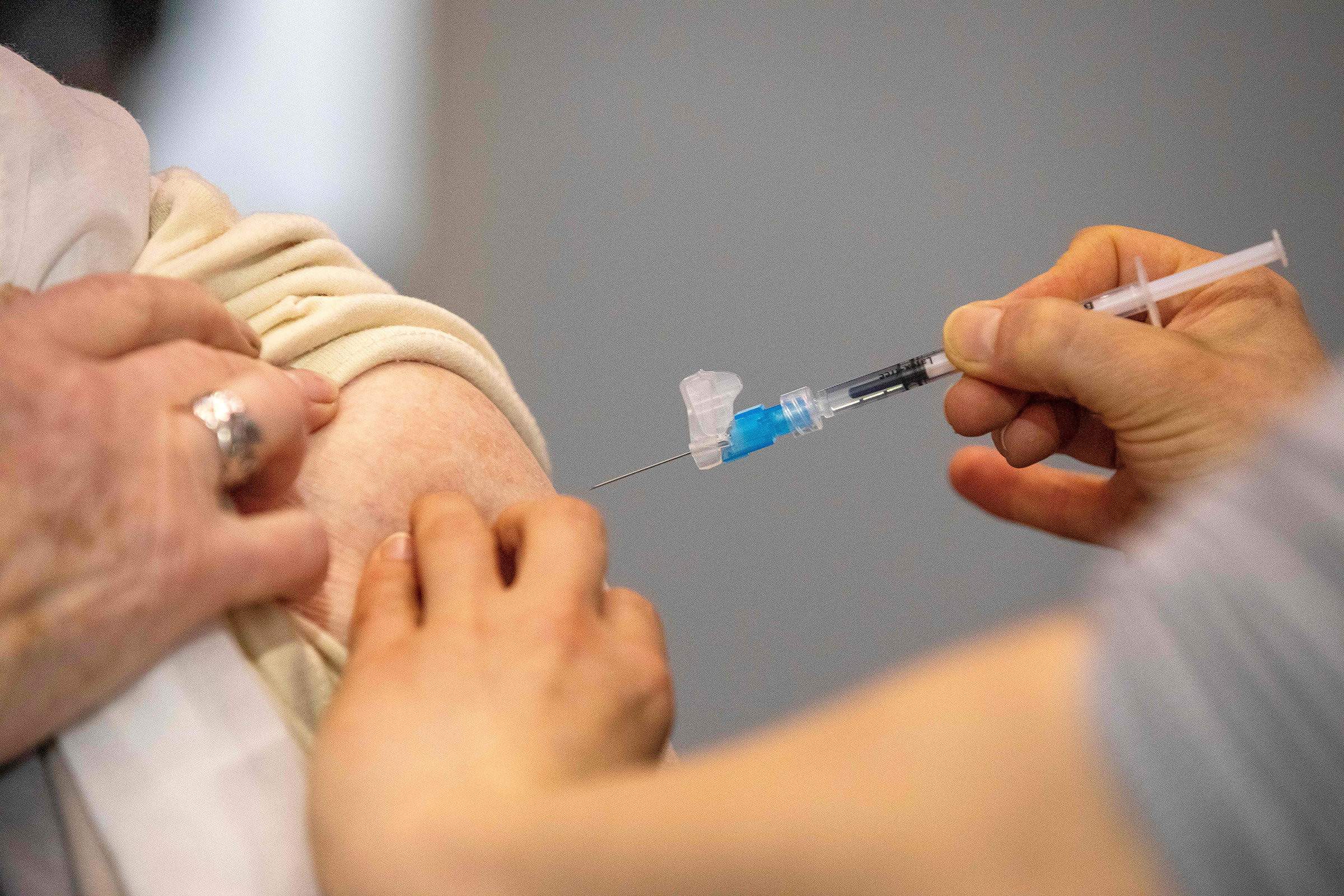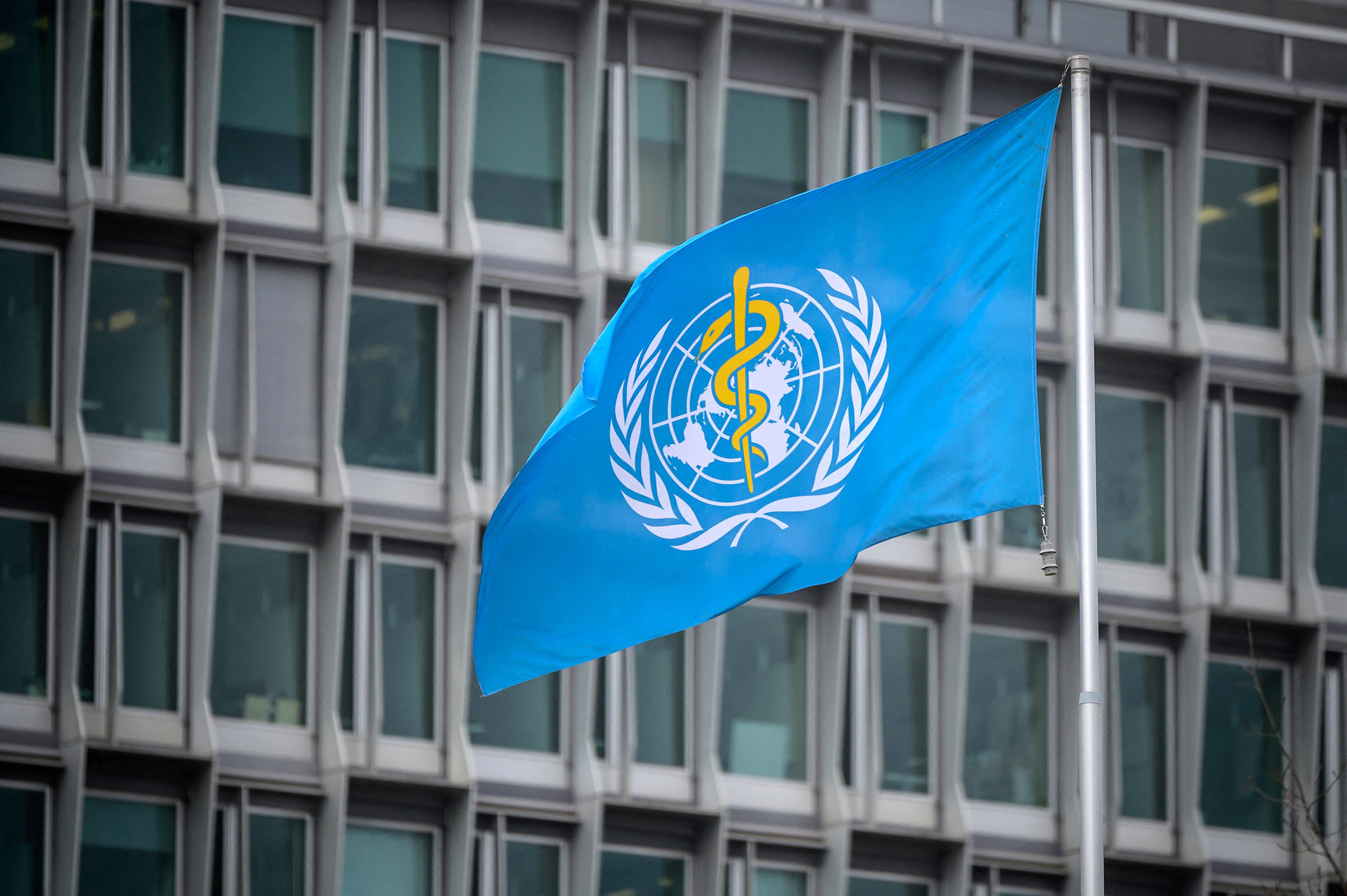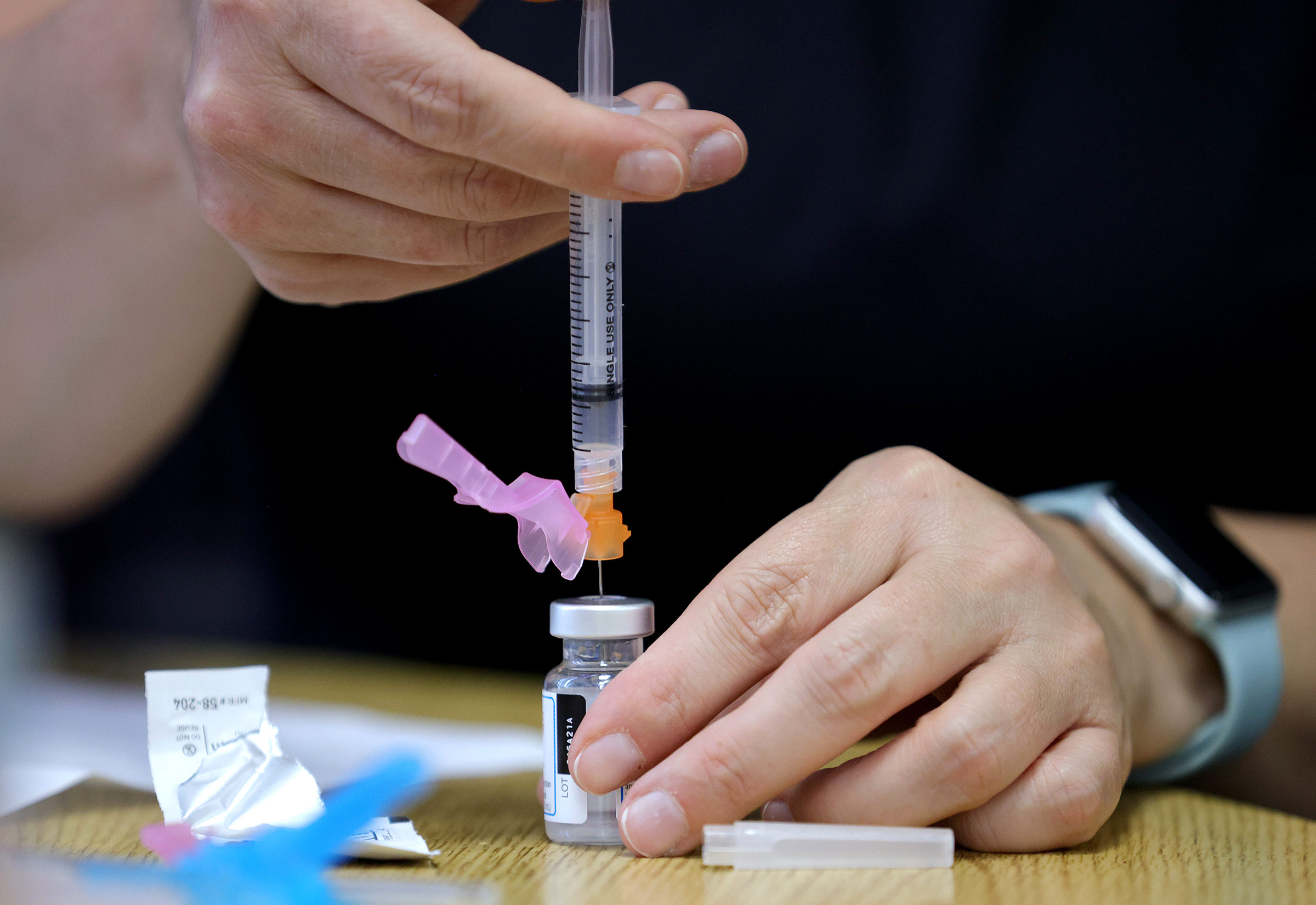
After announcing that the United States has surpassed 30 million cases of Covid-19, Dr. Rochelle Walensky, director of the US Centers for Disease Control and Prevention, said in a virtual White House briefing on Monday she had a feeling of "impending doom,” saying that “right now, I’m scared.”
"Now is one of those times when I have to share the truth, and I have to hope and trust you will listen. I'm going to pause here. I'm going to lose the script, and I'm going to reflect on the recurring feeling I have of impending doom," Walensky said, appearing to tear up.
"We have so much to look forward to, so much promise and potential of where we are and so much reason for hope. But right now, I'm scared," Walensky said.
"I know what it's like as a physician to stand in that patient room — gowned, gloved, masked, shielded — and to be the last person to touch someone else's loved one, because they are not able to be there," she continued.
Walensky said that the United States has come "such a long way" with three authorized vaccines and pleaded with the nation to keep following mitigation measures and "just please hold on a little while longer."
She went on to further explain why she worries about "impending doom," referencing how the country has seen a steady increase of coronavirus infections.
"What we've seen over the last week or so is a steady rise of cases," Walensky said. "I know that travel is up, and I just worry that we will see the surges that we saw over the summer and over the winter again."
Watch the moment:




